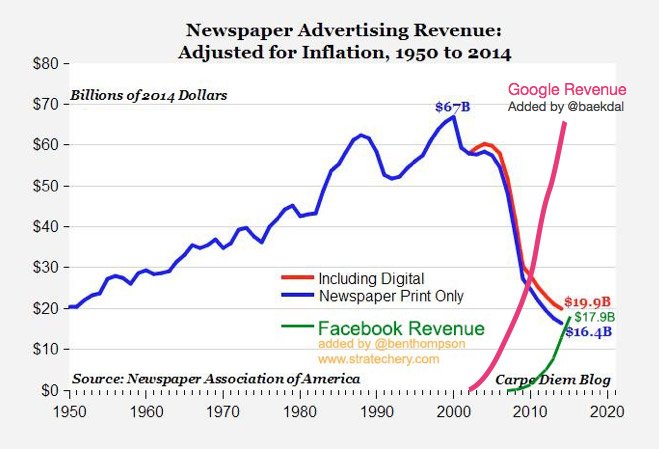| Image from MCMcapital.com |
They could improve their reach, impact, and sustainability if they knew how to harness social capital in the form of partnerships with universities, broadcasters, foundations, for-profits, and nonprofit organizations.
Most digital media startups have trouble raising financial capital. They can't get loans because they don't have anything to pledge as collateral other than their personal home and auto. They can't get investors interested because they lack a business model with a promise of profit.
What is their social capital?
- A veteran journalist has a reputation in the community as a trusted source of information. Their name is their brand with readers and potential sponsors.
- They may have a relationship with a university where they have occasionally lectured or even taught entire courses. A university could provide volunteer labor, equipment, and even broadcasting facilities for a startup. The startup would be a teaching laboratory for students.

